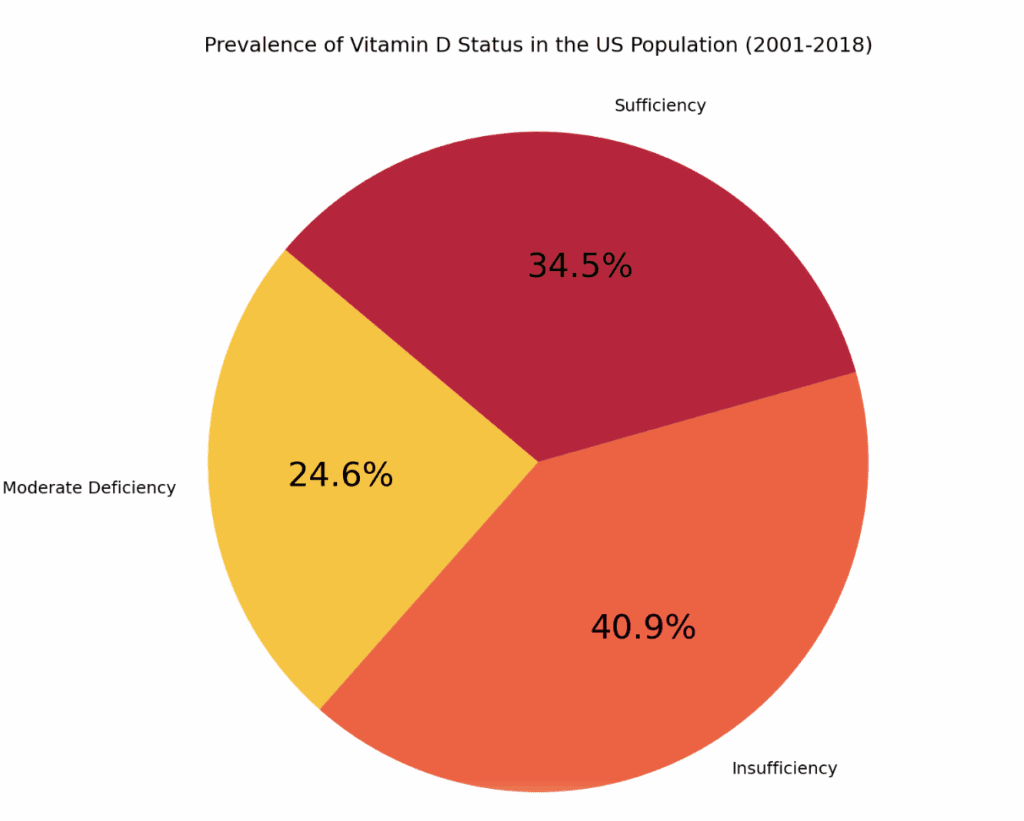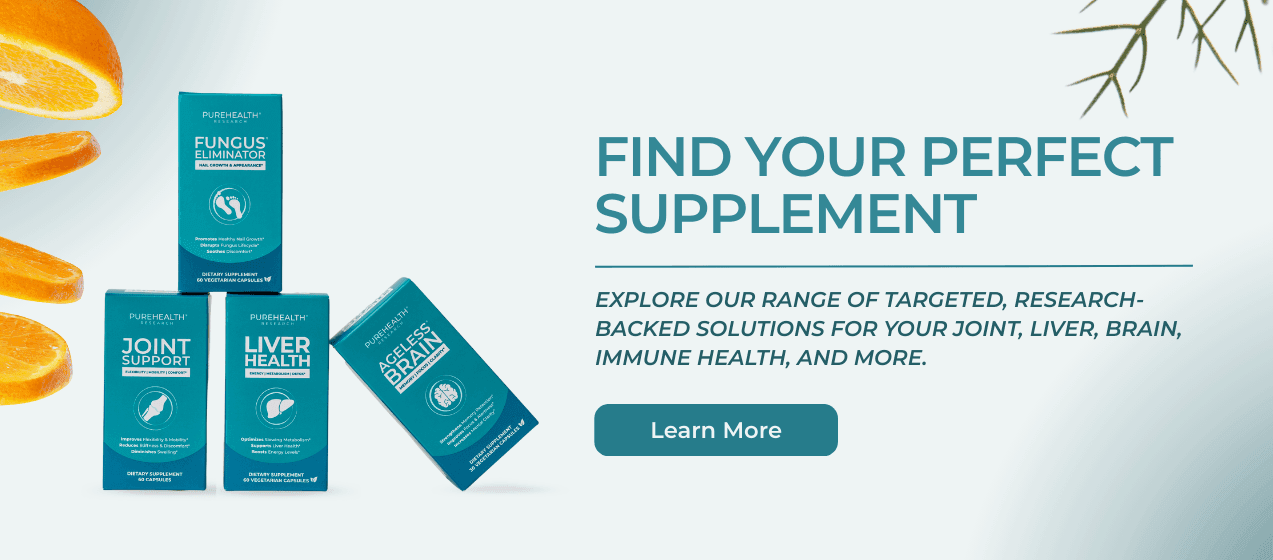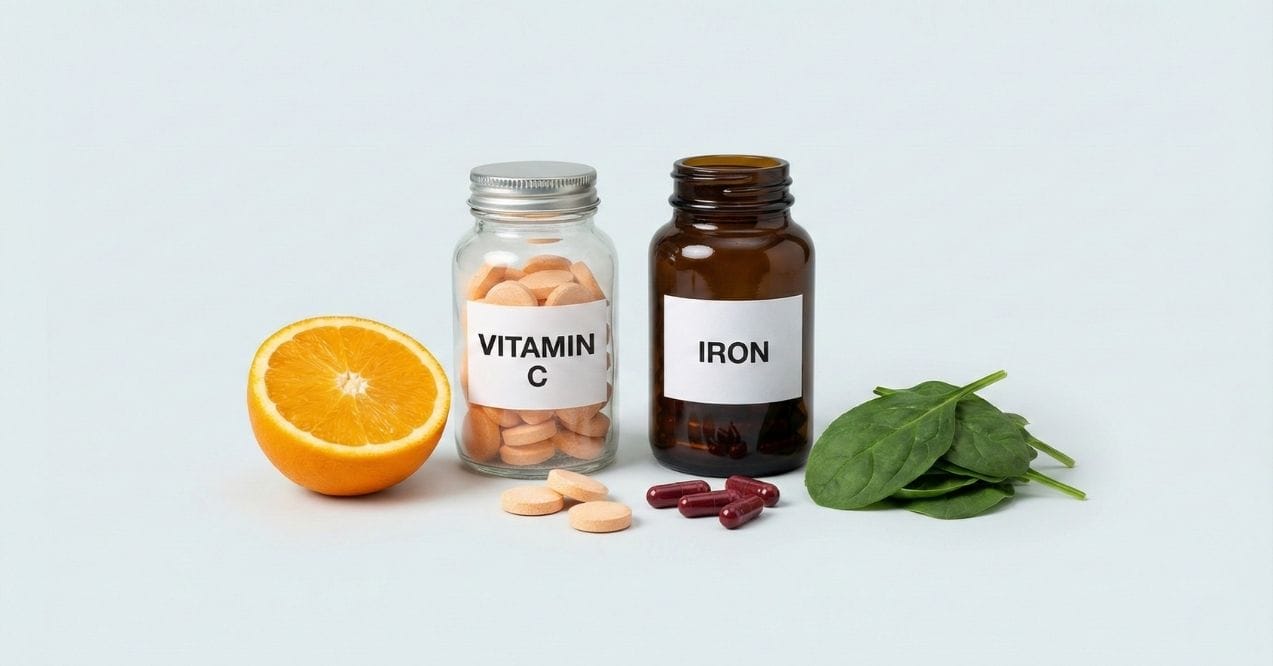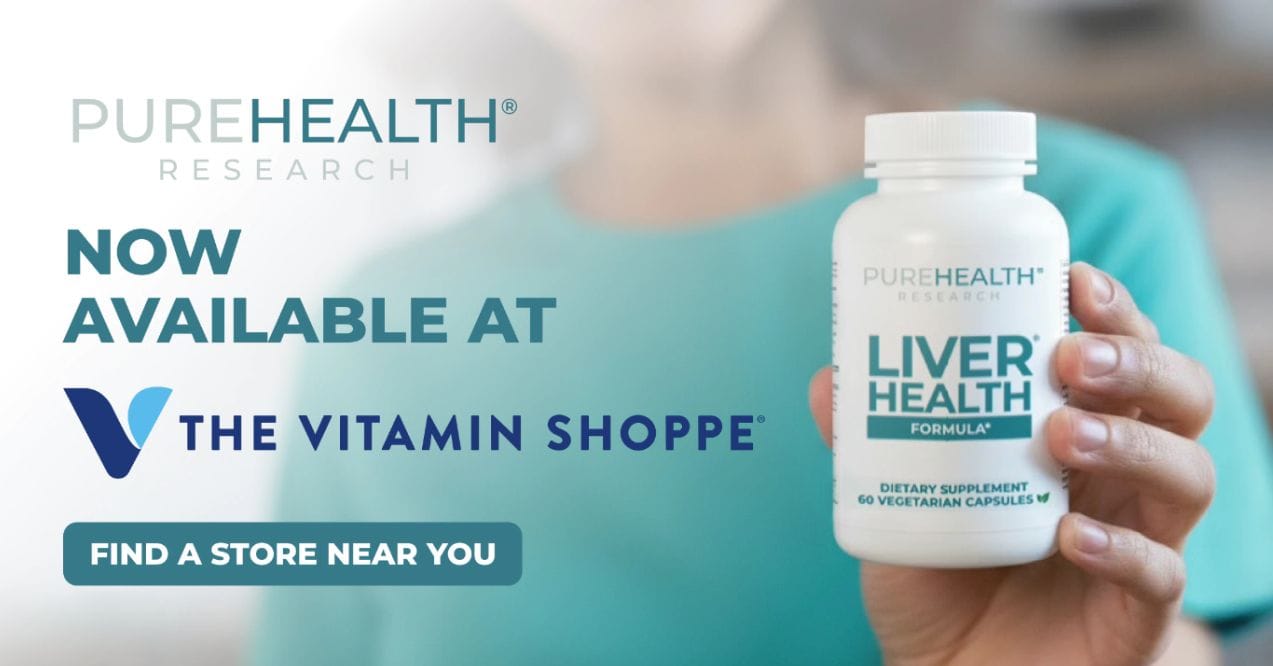Should We All Be Taking Vitamin Supplements? What Science Says
Not all supplements are created equal. Discover which vitamins and minerals are essential and how to know what your body truly needs.


Vitamin supplements are one of the most common health products in the world. The global market is valued at more than $32 billion, with over 74% of Americans and around two-thirds of British adults using them to support their health. But do they work?
A recent BBC report shows that the answer isn’t straightforward. While some people benefit from certain supplements, others may gain no advantage – and in some cases, taking high doses can be harmful.
As a supplement company, we believe in the power of targeted supplementation. We recognize that these products are not a one-size-fits-all solution, and while they can be highly beneficial, they are not suitable for every person or every situation.
Throughout this article, we will provide guidance on who should consider taking supplements, when to be cautious, and how to select the right products for specific health goals.
Why We Take Vitamins and Minerals?
Vitamins and minerals are nutrients our bodies can’t make, but still need for survival. They help maintain healthy organs and support many internal processes. Scientists call them micronutrients because we need them in small amounts compared to macronutrients like carbohydrates, protein, and fat.
Because we can’t produce them ourselves (with a few exceptions like vitamin D from sunlight), we must get them from food. To understand better, here’s a list of micronutrients that are vital for our health:
- Vitamin A – supports normal vision and skin health
- Vitamin C – important for immune function
- Vitamin K – needed for blood clotting
- Calcium – vital for bones and teeth
- Magnesium, selenium, potassium – essential for nerve, muscle, and heart function
A balanced diet – with vegetables, fruits, whole grains, nuts, dairy, and fish – usually provides all the micronutrients you need. However, many people fall short due to modern eating habits. Fast food, processed snacks, and convenience meals often replace home-cooked, nutrient-rich options.
When diet falls short, people turn to supplements.
Do Supplements Help?
While a daily supplement can help address deficiencies caused by poor diet or lifestyle, research shows the reality is more complicated.
In the 1970s, vitamin C gained worldwide popularity after being promoted as a cure for the common cold – and even serious illnesses such as heart disease and cancer. These claims have since been disproven, yet high-dose vitamin C products remain widely sold.
Similar to the discredited claims of the past, today it’s common to find supplements containing 500% to 1,000% of the recommended daily amount of certain nutrients. This is why understanding what individual person needs and should take is crucial before jumping into supplements as such.
We believe that taking far more than the body needs – often called “mega-dosing” – can be harmful. For instance, excessive vitamin D may lead to dangerously high calcium levels in the blood, causing nausea, kidney damage, seizures, or even coma. Too much vitamin A may trigger headaches, dizziness, and, in severe cases, life-threatening complications.
If you know what exactly your body lacks and the supplements can be an excellent way of improving health.
What the Research Shows
Large, long-term studies reveal that the impact of supplements depends on the nutrient, the dose, and the individual taking them.
1. Antioxidants – Not Always Helpful
Some of the most popular supplements contain antioxidants – substances that supposedly fight harmful molecules called free radicals. Free radicals damage cells and DNA, so it seems logical that taking antioxidant pills would protect your health.
Multiple large-scale studies have tested this theory using thousands of participants. The results consistently show that antioxidant supplements like beta-carotene, vitamin C, and vitamin E don’t prevent cancer or heart disease. These studies followed people for years, comparing those who took supplements with others who received inactive placebo pills. No meaningful health differences emerged between the groups.
Taking massive amounts of one antioxidant can prevent your body from absorbing similar beneficial compounds from food. Beta-carotene supplements interfere with the absorption of other plant compounds like lutein, which you naturally get from spinach and kale.
The lesson here is clear: more isn’t always better when it comes to vitamins. Your body works best when it receives balanced amounts of nutrients, not megadoses of isolated compounds.
2. Vitamin D Stands Apart
Unlike most other supplements, vitamin D stands out as genuinely beneficial for many people. Your skin can produce vitamin D when exposed to sunlight, but many people don’t get enough sun exposure, especially during winter months.
As the graph below illustrates, a significant portion of the US population has insufficient or deficient vitamin D levels.

A major study involving over 25,000 American adults tested whether daily vitamin D supplements could prevent cancer, heart disease, and stroke. While the supplements didn’t reduce the overall number of people who developed these conditions, they did reduce cancer deaths by 17%. People who took vitamin D for two years or longer saw even greater benefits – a 25% reduction in cancer deaths and 17% fewer cases of advanced cancer that had spread to other parts of the body.
Another study found that vitamin D supplements significantly reduced autoimmune diseases like rheumatoid arthritis and psoriasis. These conditions occur when the immune system mistakenly attacks healthy tissues.
Vitamin D supplements have shown mixed results for bone health. While vitamin D is essential for strong bones, studies haven’t consistently proven that supplements prevent fractures in older adults. This might be because many study participants already had adequate vitamin D levels before starting supplements.
Multivitamins and Aging
Recent research suggests that daily multivitamins might benefit older adults more than younger people. A long-term study found that people who took multivitamins for 11 years had an 8% lower risk of developing cancer. The benefit was strongest in adults over 70, who saw an 18% reduction in cancer risk.
Multivitamins have also shown promise for protecting brain function as people age. Some studies suggest they might slow memory loss and reduce the risk of cataracts. To learn more, check out our guide on best supplements for brain fog.
These benefits likely occur because older adults often have poorer diets and absorb nutrients less effectively than younger people. Their bodies may genuinely benefit from the nutritional insurance that multivitamins provide.
Who Actually Benefits from Supplements
Most healthy adults eating varied diets don’t need vitamin supplements. Your body absorbs nutrients from whole foods more efficiently than from pills, and foods provide additional beneficial compounds like fiber that supplements lack.
However, several specific situations warrant supplement use:
- Pregnant women should take prenatal vitamins containing folic acid, which prevents serious birth defects in developing babies. Iron supplements may also be necessary to prevent anemia during pregnancy.
- Older adults face increased risk of nutrient deficiencies due to changes in appetite, medication interactions, and reduced nutrient absorption. Adults over 60 may benefit from daily multivitamins, especially those containing vitamin D and calcium.
- People with limited sun exposure need vitamin D supplements, particularly during winter months in northern climates. This includes office workers, nursing home residents, and anyone who covers most of their skin for cultural or medical reasons.
- Vegetarians and vegans often need vitamin B12 supplements because this nutrient occurs naturally only in animal products. They may also benefit from omega-3 supplements derived from algae rather than fish oil.
- People with specific medical conditions may require targeted supplementation. Individuals with Crohn’s disease, ulcerative colitis, or other digestive disorders often have trouble absorbing nutrients from food. If you’re looking for support in this area, you might find our article on the best vitamins for gut health helpful. Some medications, including metformin for diabetes, can interfere with vitamin absorption.
- Those with very poor diets who consistently avoid fruits, vegetables, and other nutrient-rich foods may benefit from basic multivitamins, though improving diet quality remains the better long-term solution.
We also have a separate guide on the best health supplements for men to support specific male health needs.
Getting the Balance Right
The main takeaway from decades of research is that while vitamins and minerals are essential for good health, more is not necessarily better. Taking amounts far above the recommended daily intake does not appear to offer extra benefits and can, in some cases, cause harm.
Whenever possible, nutrients should come from food, as whole foods offer a variety of beneficial compounds beyond just vitamins and minerals – including fiber, antioxidants, and plant-based compounds that work together to support health.
For those who do choose supplements, it’s best to:
- Avoid doses far above recommended levels unless advised by a healthcare professional
- Choose products from reputable brands with third-party quality testing
- Consider your personal diet, lifestyle, and health status when deciding what (if anything) to take
Bottom Line
Vitamins and minerals are essential for health, but only in small amounts. Taking more than the body needs does not improve health and may cause harm. Most people can get what they need from a balanced diet, but supplements can be valuable for certain groups, including pregnant women, older adults, people with restricted diets, and those with specific medical needs. For a more holistic view of wellness, you might want to explore holistic health supplements.
Rather than relying on pills, focus on eating a wide variety of nutrient-rich foods. Supplements should be used to fill genuine gaps – not as a substitute for healthy eating.
Sign up for our Healthy Living newsletter!
Advertisement. This site offers health, wellness, fitness and nutritional information and is designed for educational purposes only. You should not rely on this information as a substitute for, nor does it replace, professional medical advice, diagnosis, or treatment. If you have any concerns or questions about your health, you should always consult with a physician or other health-care professional. Do not disregard, avoid or delay obtaining medical or health related advice from your health-care professional because of something you may have read on this site. The use of any information provided on this site is solely at your own risk.











